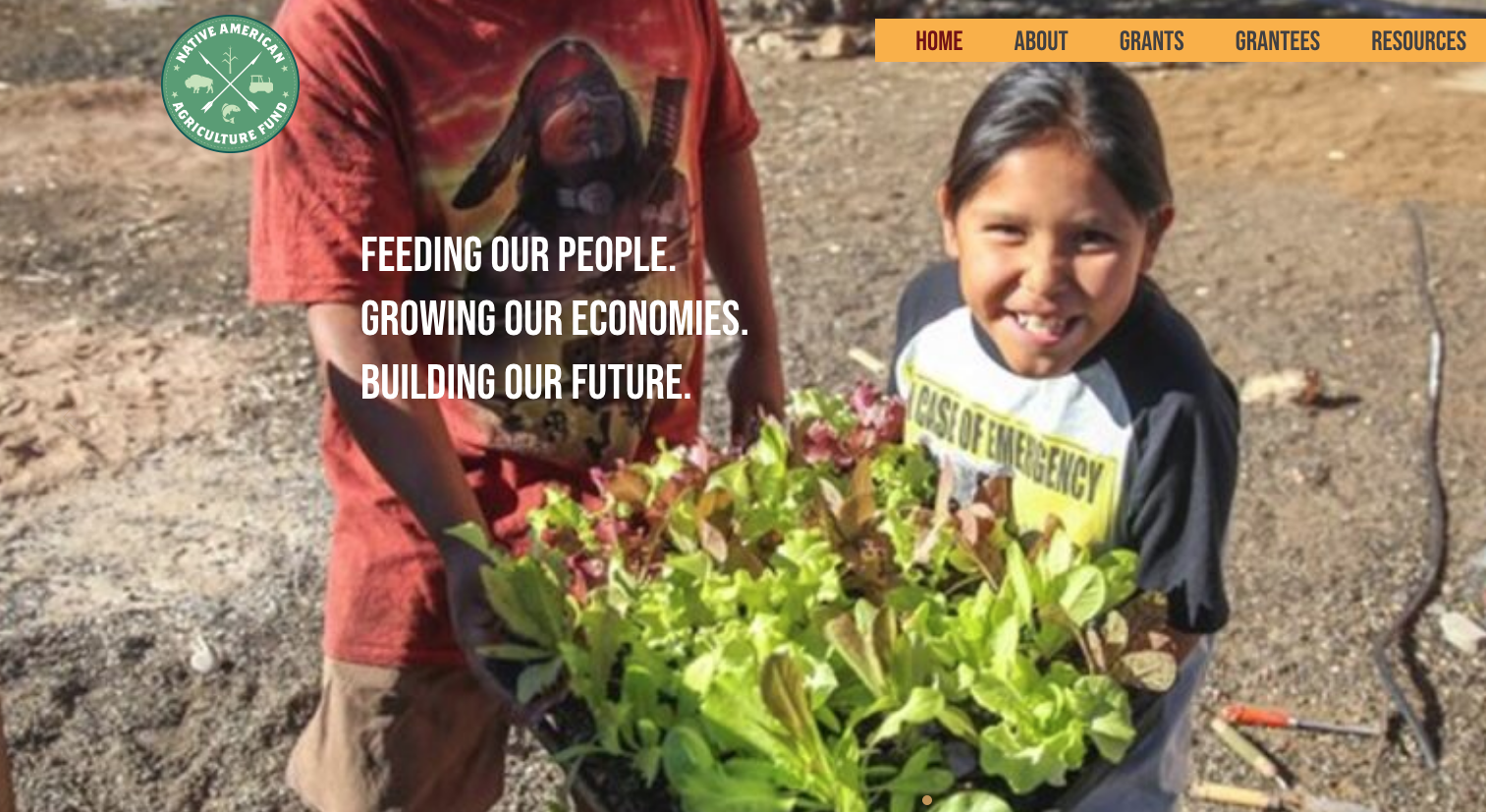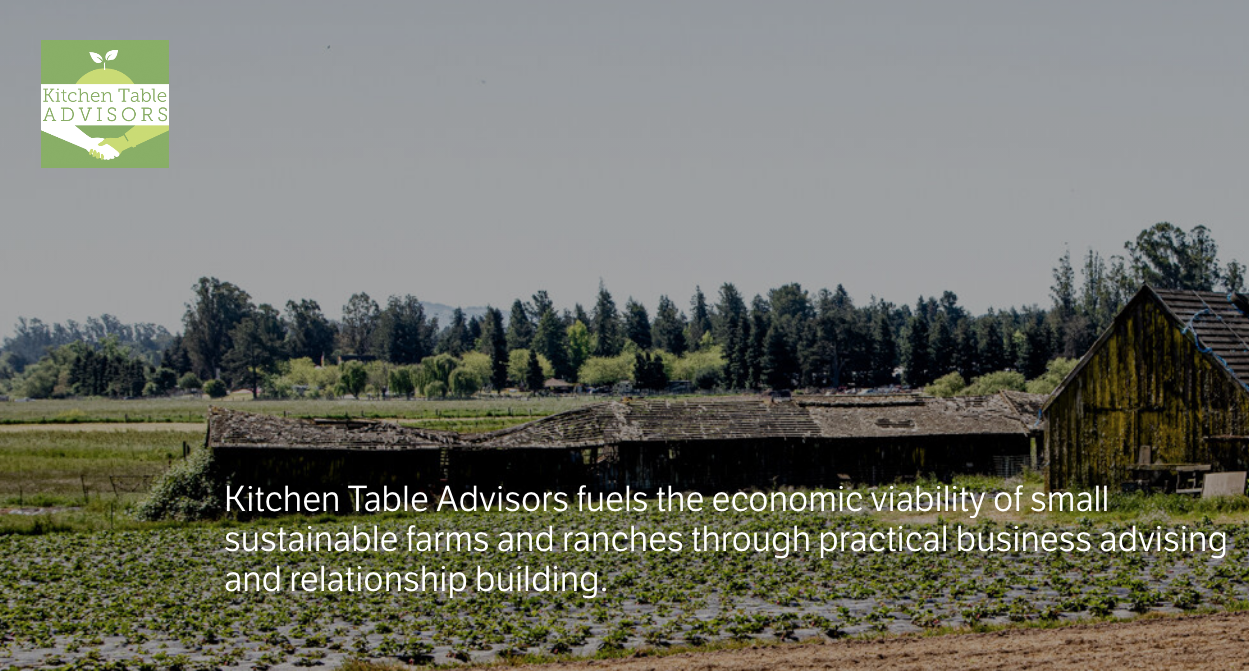Native American Agriculture Fund

This fund was created when Native American farmers won a lawsuit against the USDA to distribute $38 million in “fast track” grants to nonprofit and other eligible organizations that support Native farmers and ranchers.
Mission: To provide grants for business assistance, agricultural education, technical support, and advocacy services to support Native farmers and ranchers.
PROGRAM AREAS:
Business assistance
Agricultural education
Technical support
Advocacy services
LOCATED IN: United States
FOR GRANTSEEKERS
HOW TO APPLY:
Application via the website
WHO CAN APPLY:
Organizations that work with Native farmers, ranchers, fishers, harvesters, and community producers.
CONTACT INFORMATION:
Phone: +1-479-445-6226
Email: grants@nativeamericanagriculturefund.org
Website: nativeamericanagriculturefund.org
Address: 534 W. Research Center Blvd. Suite 220 P.O. Box 1427 Fayetteville, AR 72701
Neesha’s Notes
If you’re a Native American organization supporting farmers, ranchers or other value-added producers, this may be a really good grant program for you.
Grantee Alaska Village Initiative provides services to socially disadvantaged Alaska Native farmers, ranchers, and other agriculture producers.
Grantee Dream of Wild Health restores health and well-being in the Native community by recovering knowledge of and access to healthy Indigenous foods, medicines and lifeways.
NEESHA’S NOTES:
After a decade of litigation, Native Americans won a $680 million compensation fund, another $80 million in debt relief, and tax relief for more than 3,600 Native farmers and ranchers plus this fund of $38 million. It never occurred to me that grants could come from litigation — then I remembered once meeting the Golden Leaf Foundation to ask for a grant to help tobacco farmers.
It got me thinking about using this strategy to reform the Farm Bill! It may be easier than trying to reform it via legislation. The next Farm Bill isn’t that far away, and as it currently stands, it is not favorable to regenerative agriculture.
